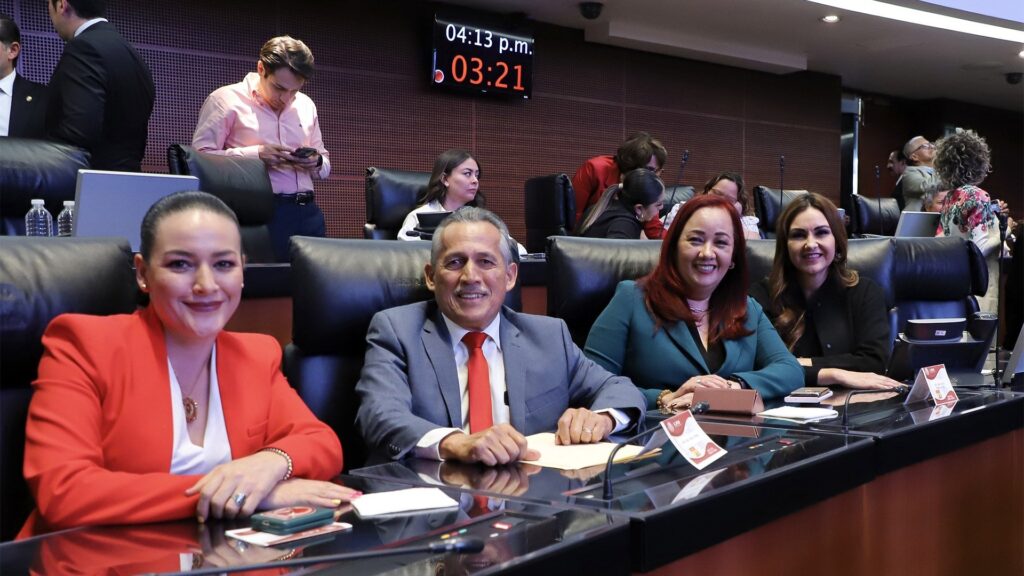Senators Geovanna Bañuelos, Cora Pinedo Alonso, Martha Márquez, and Joel Padilla, of the Partido del Trabajo (PT), presented a project that seeks to limit the number of permits for the operation of casinos during the first years of each federal administration, to update the control framework and provide greater regulatory stability for the gaming industry in Mexico.
The initiative aims at reforming Article 3 of the Federal Gaming and Sweepstakes Law regarding the issuance of permits for games involving bets and sweepstakes. In this sense, the PT legislators propose that these permits only be granted by the Ministry of the Interior during the first three years of each Federal administration. The bill has already been sent to the Joint Commissions of Government and Legislative Studies, First, for its analysis and subsequent ruling.
Senator Bañuelos, coordinator of the PT Parliamentary Group, pointed out that during the six-year term of Vicente Fox, 340 operating permits for casinos were granted; 153 of these permits were authorized by the then Secretary of the Interior, Santiago Creel Miranda; while in the government of Felipe Calderón, 154 permits for casinos were authorized and in the government of Enrique Peña Nieto, 123.
“The decision to put a limit to the issuance of permits for games and sweepstakes involving bets during the first half of a government administration has certain advantages and strategic considerations that can be taken into account for the effective management of the gaming industry”, she explained as reported by the newspaper Milenio.
She also stated that this measure is intended to maintain greater control over the total number of gaming and sweepstakes rooms in the country, “establishing a more effective planning in terms of geographic distribution, social and economic impact, and other relevant factors of the gaming industry.”
Bañuelos also highlighted that this will also bring benefits for the licensees, since with this measure the saturation of the gaming market can be controlled and negative social impacts on the communities can be avoided. “By establishing a limit for permits to be granted at the beginning of an administration, it can reduce the possibility of corruption and favoritism in the issuance of such permits and contribute to establishing a more transparent and equitable process,” she added.
Finally, she noted that issuing permits at the beginning of an administration would provide “greater regulatory predictability and stability to operators” since knowing the regulatory framework in advance can improve long-term planning and investments.
Likewise, supervision and compliance with legal obligations are facilitated, because establishing a time limit to the issuance of these permits simplifies the regulatory task of the authorities and can ensure more effective compliance with the laws by the permit holders, the legislator concluded.



